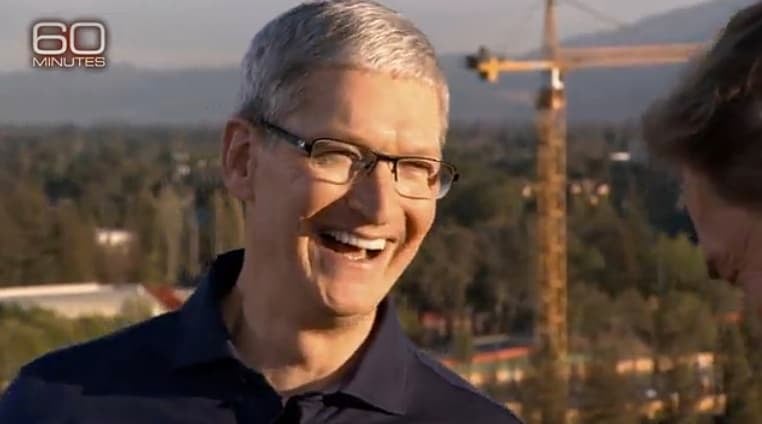A new article in the Washington Post highlighting social activism by CEOs took the example of Tim Cook speaking out against Indiana's anti-gay “religious freedom” bill and used it to see what effect it had on Apple's bottom line.
They did it by talking to groups of people and seeing what their reactions were to various statements about the measure:
In their first experiment, the researchers wanted to see if they could sway people's opinions of Indiana's religious freedom law. One group was asked point-blank about the law. About half said they supported it. Other groups were told that some people thought the law was discriminatory. With that knowledge, support for the law fell to 40 percent.
RELATED: Apple CEO Tim Cook Slams Discriminatory ‘Religious Freedom' Laws: ‘America Must Be A Land of Opportunity for Everyone'
In the next part of the experiment the groups were told that Apple CEO Tim Cook had spoken out against the Indiana measure:
When people were told that the Apple CEO had spoken out against Indiana's religious freedom law, they were more likely to say they intended to buy Apple products in the near future. By contrast, when people were told about one of Tim Cook's bland opinions on management philosophy, it had little effect on purchase plans.
It seems that Cook's gay rights activism particularly motivated people to buy from the company.
There is more elucidation over at the article but the gist is that Tim Cook's social activism on gay rights has helped the company, not hurt it. And that's a big deal.
Apple goes to court this week in its case against the FBI, one day after it is holding a special media presentation that will reportedly introduce a new iPhone SE and a 9.7″ iPad Pro. The FBI wants Apple to unlock the encrypted iPhone of the San Bernardino shooters. It is expected Cook will address that in some way during the presentation.
Watch a CBS This Morning report on the case:





